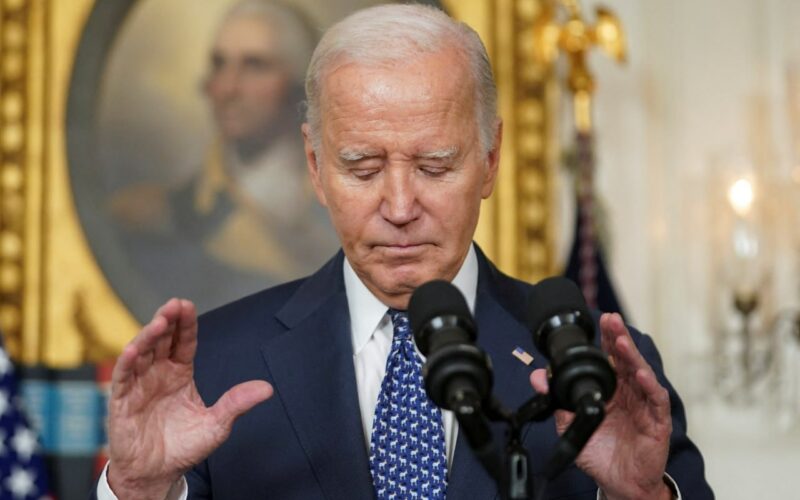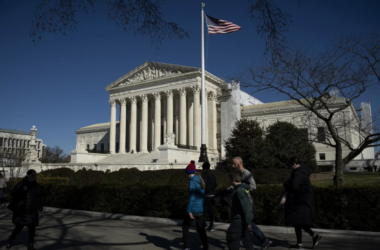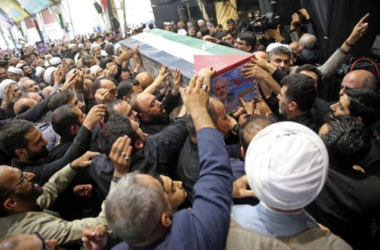The assassination of Hamas leader Ismail Haniyeh has sent shockwaves through the Middle East, complicating already fragile efforts to achieve a ceasefire in Gaza. U.S. President Joe Biden’s recent remarks, in which he stated that Haniyeh’s killing “doesn’t help” the ongoing talks, highlight the delicate balance required to navigate the region’s volatile situation.
Haniyeh, a pivotal figure in Hamas’s political and military strategy, was killed during a visit to Tehran, Iran. While Iran and its allies have pointed fingers at Israel, the latter has not officially commented on the incident. Regardless of the perpetrator, the assassination has undoubtedly escalated tensions in the region.
From his base in Qatar, Haniyeh was deeply involved in indirect negotiations with Israel, working towards a potential ceasefire and the release of hostages. His assassination is a significant blow to these efforts, and President Biden’s acknowledgment of this impact underscores the gravity of the situation.
The conflict between Israel and Hamas, which erupted in October, has already resulted in the deaths of nearly 40,000 Palestinians, according to the Gaza health ministry. The violence has drawn international condemnation and calls for a ceasefire, yet the path to peace remains fraught with obstacles.
Biden’s comments come at a critical juncture, as indirect talks between Israel and Hamas, mediated by Qatar, Egypt, and the U.S., struggle to make headway. The assassination has introduced a new level of complexity, with both sides accusing each other of obstructing progress.
In the wake of Haniyeh’s death, President Biden has reiterated his commitment to supporting Israel, promising to protect it “against all threats from Iran.” However, he also emphasized the importance of moving forward with ceasefire negotiations, urging both Israeli Prime Minister Benjamin Netanyahu and Hamas to seize the opportunity for peace.
The assassination of a key leader like Haniyeh raises serious questions about the future of the peace process. While the U.S. continues to support Israel’s right to defend itself, there is growing recognition that further violence will only make the situation worse, deepening the humanitarian crisis in Gaza and destabilizing the region even further.
As tensions soar and the prospects for a ceasefire hang in the balance, the world watches closely, hoping for a resolution that will bring an end to the suffering of countless innocent civilians. The path to peace is uncertain, but it is a goal that must be pursued with urgency and determination.








